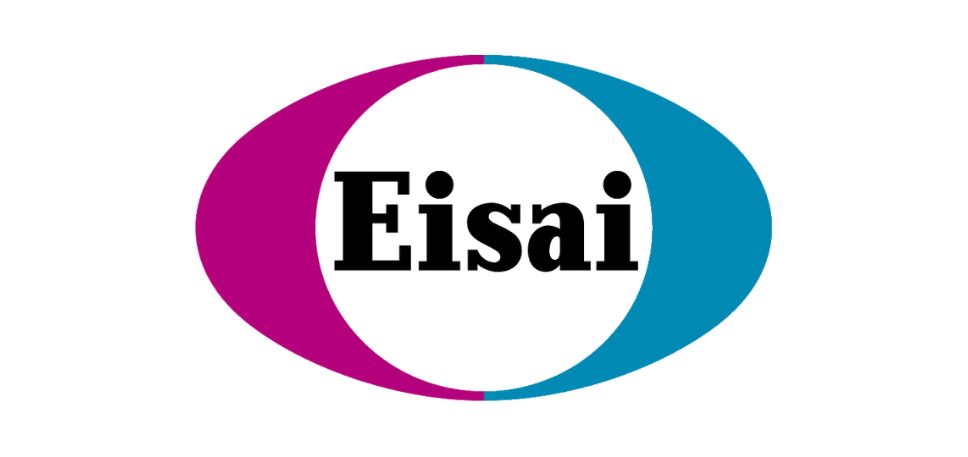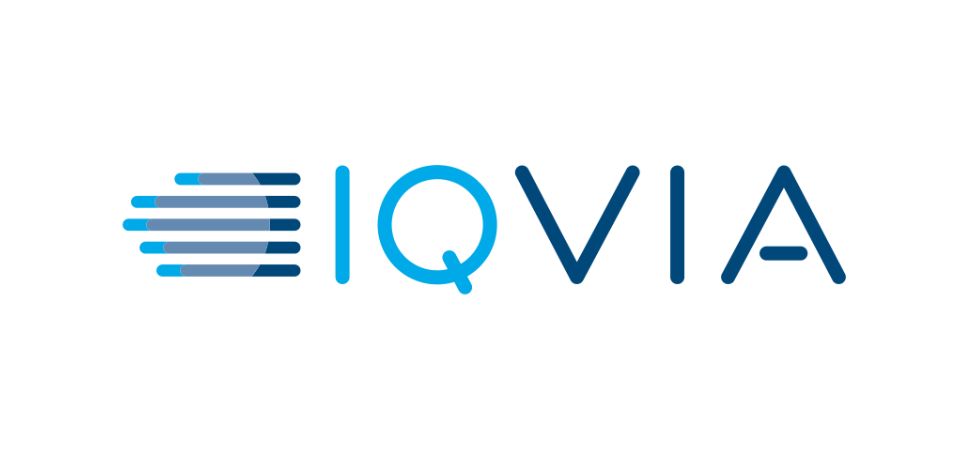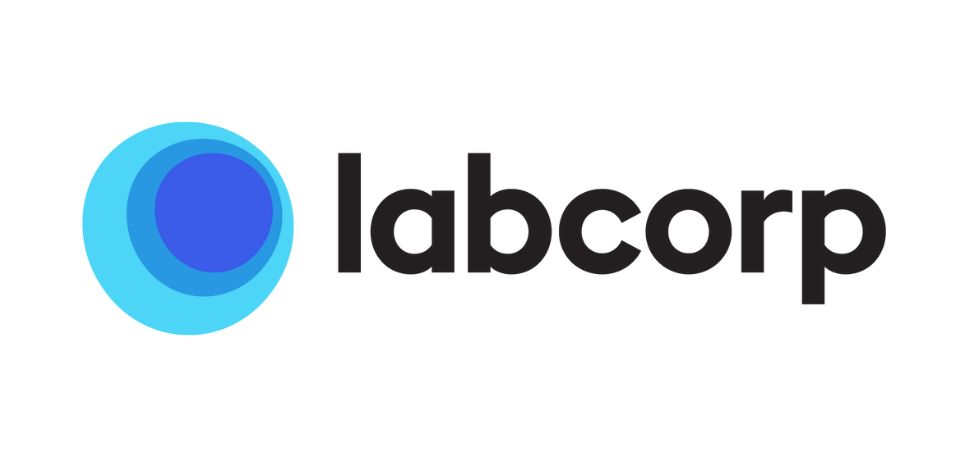Study delivery
Roche UK – Barriers to clinical trials recruiting ethnic minority patients
Roche UK has partnered with the University College London Hospitals (UCLH) NHS Foundation Trust to deliver a two-year project that will explore the problems affecting the recruitment of ethnic minority patients to clinical trials. This project will focus on the experiences of patients affected by breast cancer, Alzheimer's disease, rheumatology and stroke.
Roche UK and UCLH plan to use the project’s research to generate recommendations for overcoming these problems and making clinical trials more inclusive and representative of their target populations. These findings and recommendations will be published in a peer-reviewed journal after the project is completed in late 2023.


AstraZeneca – Translating patient-facing information
AstraZeneca is running a large-scale cardiovascular study in the UK and Sweden but found there was a lack of ethnic diversity amongst the participants (relative to the target population). To increase the diversity of patients recruited to the study, AstraZeneca:
- Translated patient-facing documents into 10 languages, reflecting the ethnic diversity of participating study sites
- Reimbursed study sites for the costs of providing patients with translation services
- Collaborated with a healthcare communications agency to produce a leaflet explaining the study in a more accessible way, and this too was translated
AstraZeneca is now monitoring the impact these actions have on ethnic diversity amongst the participants, but early improvements have already been noted, which is an encouraging sign that these approaches are making a difference.
GSK – Reflecting diversity in patient-facing information
GSK is running multiple clinical trials investigating Multiple Myeloma, which in some areas of the world affects people of African descent at a rate 40% higher than the global average. To ensure their clinical trials reflect this diversity, GSK visually represented key patient groups in their trials’ patient-facing information, including recruitment materials. GSK also built in demographic performance indicators when starting Multiple Myeloma trials to track their progress and inform strategies for approaching different patient groups (e.g. by using decentralised clinical trial technologies).
These actions have already improved patient access to research as, in the US, five of GSK’s Multiple Myeloma trials have recruited approximately 24% of their participants from people of African descent.


GSK – Educating patients with virtual reality
GSK has worked with a patient referral service to increase the diversity of patients recruited to its clinical trials for Hepatitis B – which, in the UK and US, disproportionately impacts people of African and Asian descent. Additionally, GSK is testing virtual reality to simulate a patient’s experience participating in the clinical trial, including racially appropriate avatars.
Using this technology has helped to inform patients of what to expect from the clinical trial and build trust in research, but further improvements need to be made. GSK has committed to ensure at least 75% of their Phase III clinical trials enrol appropriately diverse trial participants (relative to the disease-impacted population).
Eisai – Co-developing inclusive recruitment strategies
Eisai is working with international stakeholders, including patient advocacy organisations and community leaders, from ethnic minority communities to develop strategies that will improve the diversity and representativeness of clinical trial participants. Examples of these strategies include:
- Selecting study sites using demographic data to maximise a clinical trial’s coverage of ethnic minority communities
- Reducing barriers to patient access to research by using electronic consent (eConsent), telemedicine, home health visits and mobile health units, and operating after business hours and on weekends
- Tailoring patient education and recruitment campaigns to meet the needs of specific groups in order to better engage potential participants in those communities


IQVIA – Diversity in COVID-19 clinical trials
IQVIA quickly recruited large numbers of people to COVID-19 vaccine studies during the pandemic. To recruit diverse and representative clinical trial cohorts, IQVIA:
- Used demographic data to select study sites with populations that had the appropriate mix of ethnicities and age groups
- Deployed a holistic recruitment strategy that included community outreach, a referral hub and call centre, and support for the studies’ patient and site engagement teams
- Measured progress against their studies’ milestones using recruitment performance metrics that collated data from IQVIA and third-party databases
These steps had a measurable benefit for diversity and inclusion in clinical research, with 16% of participants being African American and 35% of participants being Latin American.
Roche UK – Partnering with patient organisations
Roche UK has partnered with Macmillan Cancer Support and the NHS Race and Health Observatory to increase the representation of black and ethnic minority patients in breast cancer clinical trials by:
- Creating new and accessible information so patients understand breast cancer and clinical trials and know how to access support
- Establishing two new clinical posts across Barts Health NHS Trust and The Christie NHS Foundation Trust to support patients deciding whether to take part in research
- Engaging with the wider community to ensure patients are supported beyond clinical settings
- Commissioning an independent evaluation of these initiatives to identify and share best practices
More information about this partnership can be accessed here.


Roche UK – The Advancing Inclusive Research Site Alliance
Roche UK has launched the Advancing Inclusive Research Site Alliance to help improve the diversity of its clinical trials and disseminate best practices across the UK’s research ecosystem.
The North West London Clinical Trials Alliance and West Midlands Clinical Research Network are the first sites to join this new initiative and, combined, serve a diverse population of 8.5 million people.
The Advancing Inclusive Research Site Alliance plans to expand to more sites in the near future, with each site working with Roche UK to develop and deliver innovative ways of increasing the accessibility of clinical research to every patient who might benefit.
AstraZeneca – Representation in liver disease research
AstraZeneca conducted a study in non-alcoholic steatohepatitis (NASH)*, which is a liver disease that has a higher prevalence among the Hispanic population.
The study was not recruiting sufficient numbers of Hispanic participants in the United States, so AstraZeneca collaborated with local doctors involved in the study to improve recruitment from this population by:
- Using real-world health data to predict where these patients were located
- Delivering first-of-their-kind NASH mass-screening events in high-risk communities to educate about NASH and identify potential participants
- Providing translated and culturally-appropriate study and educational materials directly to hospitals/clinics involved in recruiting participants to the study
- Modifying the study protocol to ensure participants could more easily access genetic screening
These solutions have helped to increase participation, and at the time of data analysis, >90% of study participants self-identified as Hispanic.
* A new naming and classification system has replaced the term NASH with metabolic dysfunction-associated steatohepatitis (MASH).


IQVIA – Using behavioural insights to recruit diverse trial participants
IQVIA was delivering a clinical trial of a vaccine for Respiratory Syncytial Virus (RSV) and needed to recruit a diverse cohort of 60+ year-olds across eight countries.
To achieve this, IQVIA used behavioural insights – such as testing the effectiveness of different messaging techniques – to develop their recruitment campaign. The research found that using representative images of patients in recruitment material and marketing directly to potential participants via mail, email, and social media was the most effective approach.
By using a targeted campaign informed by behavioural research, the clinical trial surpassed its targets for participant diversity.
Labcorp – Engaging communities using mobile clinics
Labcorp is partnering with community and faith-based organisations to increase access to health screening services. Labcorp has piloted a mobile clinic that supported existing efforts to make screening more accessible for underserved communities by bringing care closer to the community.
For example, to ensure Black people were well-represented in a kidney disease trial, Labcorp worked with a community-based nephrologist to bring its mobile clinic to a local faith-based event. Labcorp worked with the nephrologist to raise awareness of the trial, including its eligibility criteria, and used the mobile clinic to collect samples from potential participants.
In another example, Labcorp partnered with a Hispanic physician to use the mobile clinic to offer free preventive health screenings to the local Hispanic community – for some it was the first time their blood was drawn. In addition to accessing primary care, including blood pressure checks and eye exams, members of the community learned about clinical trials as a potential care option.


UCB – Research strategy for women of childbearing age
Thinking about starting or expanding a family should be a time of great excitement. But for women living with chronic diseases, it can be one of great uncertainty. Women should never have to choose between managing their health and starting or expanding their family, but many are confronted with confusing and contradictory information about possible risks.
To help enable women living with chronic diseases to make informed health decisions before, during and after pregnancy, UCB has conducted studies that explore various aspects of drug treatments in pregnant and/or breastfeeding women. Some examples of these studies include:
- A study to assess the potential level of placental transfer of a particular medicine from pregnant women to their infants in women who were already receiving the treatment at approved doses.
- A study to determine the concentration of a particular medicine in human breast milk and the average daily infant dose, and an estimation of the daily dose of the maternal drug treatment ingested by the breastfeeding infant.
Click here to access more information about those studies.
UCB – Patient involvement in Parkinson’s research
In partnership with Parkinson’s UK and the Parkinson’s Foundation, UCB has established a Patient Engagement Council for Parkinson’s Research to ensure patient insights are central to their research and clinical development programme for Parkinson’s disease.
The partnership has helped UCB focus its research on areas that patients consider to have the greatest impact on improving outcomes for the Parkinson’s community. This has included working with people living with Parkinson’s, and their care partners, who identify as Black, Asian, or Hispanic to understand their experiences, resulting in learnings that have helped UCB:
- Understand the best ways to raise awareness of available studies.
- Ensure study materials are created in a way that are inclusive and accessible.
- Identify potential barriers to participating in Parkinson’s research and develop solutions to improve recruitment and retention from these diverse communities.
To build on this work, the partnership is now establishing a Community Leaders Diversity, Equity, and Inclusion (DEI) Board to help strengthen these community connections and translate these insights into UCB’s clinical trials and wider DEI strategy.

Last modified: 24 January 2025
Last reviewed: 24 January 2025